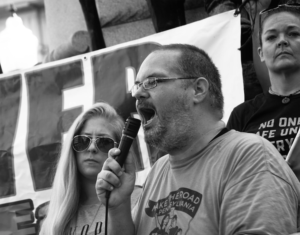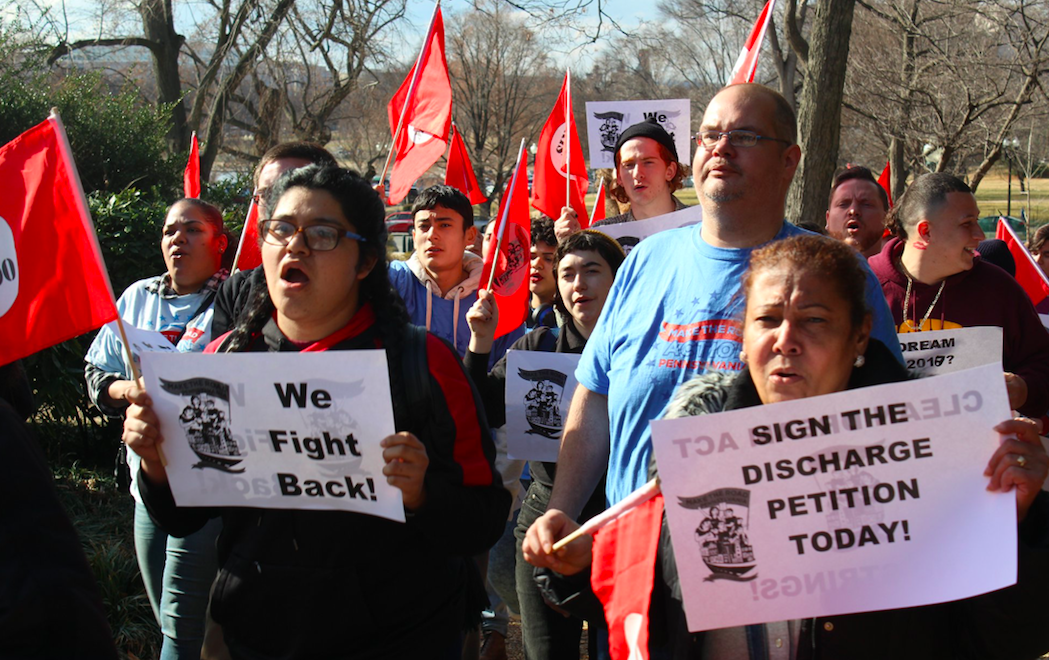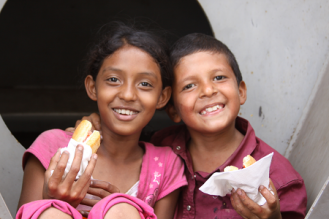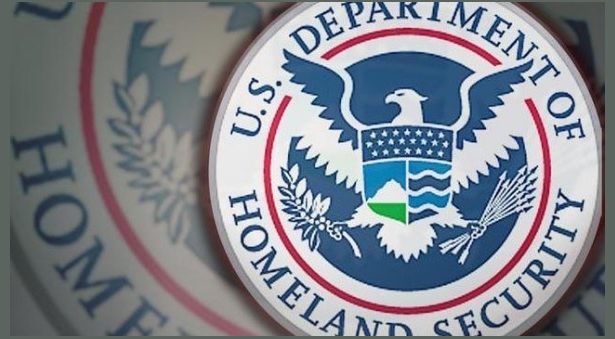The Unitarian Universalist Service Committee advances human rights through grassroots collaborations.
An Interview with Adanjesús Marín, Director of Make the Road PA
By on April 27, 2018

UUSC: How has Make the Road PA’s work and/or strategies shifted in the past year?
Adanjesús: With ever increasing attacks at the federal level, Make the Road PA has had to shift from centering aspirational, offensive campaigns to largely focus on defense, especially around immigration reform and DREAMers. We built a network of neighborhood-based committees focused on defensive work.
We also see a strong need to take coalition work to a much higher level and last year founded the #PaResist coalition and currently lead the #PaResist steering committee. Last year, the coalition led over 150 direct actions across state of Pennsylvania.
Educating members on their rights has never been more important so we’ve been dedicating lots of energy to Know Your Rights workshops, materials, and community outreach. We have also made it our mission to center intersectional organizing and solidarity building across movements.
UUSC: What does immigrant rights defense look like in this moment?
Adanjesús: In a word, multi-tiered. We have to organize and fight on the local level against things like 287g deputizing local police to be ICE agents, we have to stave off statewide legislative attacks seeking to further criminalize immigrants and that create a more hostile environment, and at the federal level [we have] dedicated a lot of resources and mobilization capacity around the fight to protect DREAMers. In our communities, we educate members on how to avoid ICE interaction and how to achieve the best possible outcome when ICE interaction is inevitable.
Adanjesús Marín attending a MRPA rally.
UUSC: Can you talk a bit about a particularly impactful story or experience that a community member has shared with you recently?
Adanjesús: One of our Comité de Defense leaders’ husband had an interaction with local police who racially profiled him while driving in a city known to work with ICE. He was able to successfully implement the tactics he learned and role played in his wife’s Comité de Defense, not only confidently refusing to answer questions but handing the officer the Make the Road PA that explains that the card carrier refuses to answer questions without an attorney present. He was also able to ask if he was under arrest or free to go and the incident ended with him walking away freely. He has since used his experience to inform others in the community of the value of knowing his rights and best tactics.

UUSC: How are you sustaining grassroots momentum in this moment?
Adanjesús: Our organization has always been centered on our members. We have a structure of committees that are run by our member leaders and organizers. They are Comité de Defensa/Defense Committee, Comité de Mujeres/Women’s Committee, Comité de Lucha, Amor y Rabia/LGBTQ+ Committee, Comité de Padres/Parent’s Committee, and Juventud en Camino/Youth Committee. These committees meet every week and give members the opportunity to learn about current events and plan actions to build power in their communities.
For our members who are also leaders, we developed a training program to bring them all together and teach critical analysis, as well as strategy and tactics. Our next semester will be taught by the leaders that were students earlier this year.
We also have ongoing street outreach, sending our organizers into the community to speak to people about our organization and how they can get more involved.
UUSC: What are some ways that UUs can support the work and organizing efforts of MRPA or other similar groups?
Adanjesús: UUs can best support us by standing with us in direct actions, insisting on our inclusion on discussions that affect our community, providing financial support, and abiding by the Jemez Principles [for Democratic Organizing].

